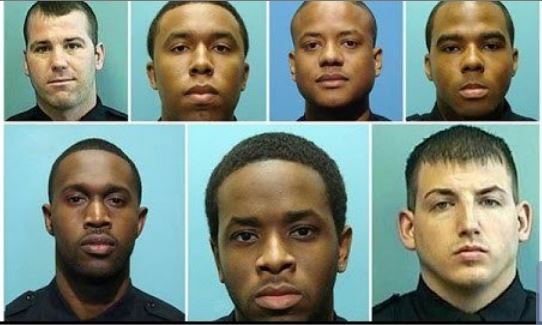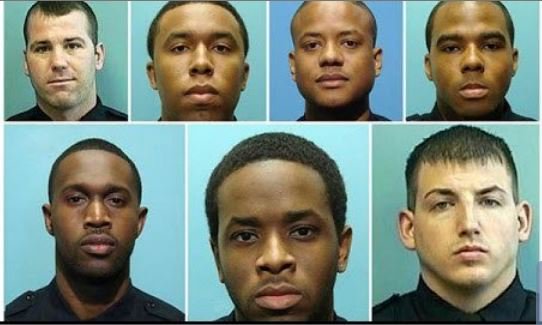[ad_1]
By Stephen Janis and Taya Graham, Special to the AFRO
For nearly a decade, the Baltimore Police Department (BPD), has had free reign to spend whatever it deems necessary to pay overtime to police officers. But, the day of the blank check may soon be coming to end, as the Baltimore City Council vowed this week to force the BPD to report overtime spending to the city’s legislative body once a month.
Councilman Leon Pinkett (D-7), vice-chair of the budget and finance committee introduced a non-binding resolution requesting monthly reports from the city’s biggest agency. In part, the councilman says the heightened scrutiny comes after he and his colleagues were forced to approve a last minute $21 million supplemental spending bill to compensate for overtime pay that exceeded the fiscal 2018 budget by nearly $36 million.

“The reality is, these supplemental bills have been happening for subsequent years and it’s prevented us from being able to be invest in other things,” Pinkett told the AFRO.
It’s a sharp turn for a council that in the past has rarely criticized police spending and is generally wary of scrutinizing it amid increasing crime rates.
But, Pinkett says there is a general sense of frustration in the council with the department ‘s apparent inability to manage its roughly $500 million budget, which is why he wants monthly oversight to avoid last minute surprises.
“When we look at last year’s fiscal budget, by the first quarter the police department was already running a $17 million deficit on overtime,” Pinkett said.
Unlike past years when a lone member of the council, like late councilman Ken Harris tried to stem overtime spending, Pinkett is not alone.
In fact, City Council President Bernard “Jack” Young says he expects the BPD not just to provide numbers, but details as to who is receiving the overtime and why.
“We’re expecting details of everything that we asked for and if we don’t get it they are going to have problem with their budget,” Young said.
Police officials have often justified overtime spending by citing a shortage of patrol officers. However a recent report on staffing levels required by the state revealed less than 40 percent of sworn cops actually work patrol.
Police officials would not confirm or comment on these numbers.
However, WBAL-TV reports the BPD is disbanding detective units that investigate burglaries in an effort to bolster the ranks of patrol officers, which officials say is one of the main causes of the department blowing through overtime budgets. “Those officers are being sent to patrol, and we have talked about patrol and patrol staffing and the necessity behind patrol staffing,” said Chief T.J. Smith of BPD media relations.
Despite a seemingly unified council, the Pugh administration has thus far been tepid in their crackdown on overtime spending.
Earlier this year the city refused to release a highly anticipated audit of overtime spending, arguing the analysis was attorney client ‘ work product.’ City officials said the analysis was related to a lawsuit filed by the Fraternal Order of Police claiming a new work schedule had actually deprived officers of overtime.
The audit was commissioned shortly after the burgeoning scandal involving members of the Gun Trace Task Force revealed that the department had few, if any controls on overtime spending.
During the trials of Daniel Hersl and Taylor their colleagues who had already plead guilty recounted how they received overtime on vacation or for simply turning in a gun. Charges filed by US Attorney also revealed that officers received overtime while on vacation.
For now the biggest question facing the council is if the department will cooperate. The AFRO asked for comment from both the mayor’s office and police and has yet to hear back.
But Young says the department must comply, or face consequences.
“We need them to manage their budget and we will make them live within their means like every other agency.”
[ad_2]
Source link

